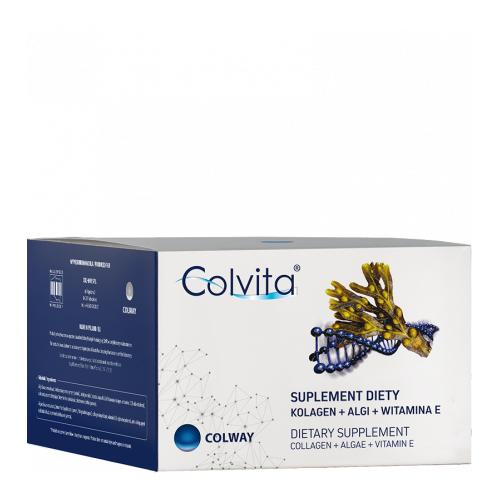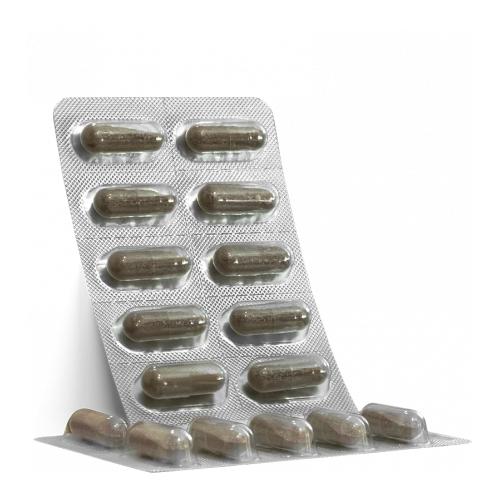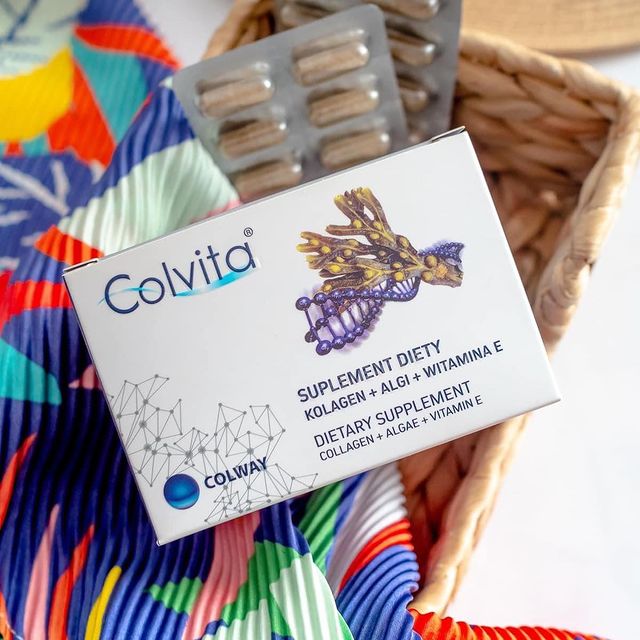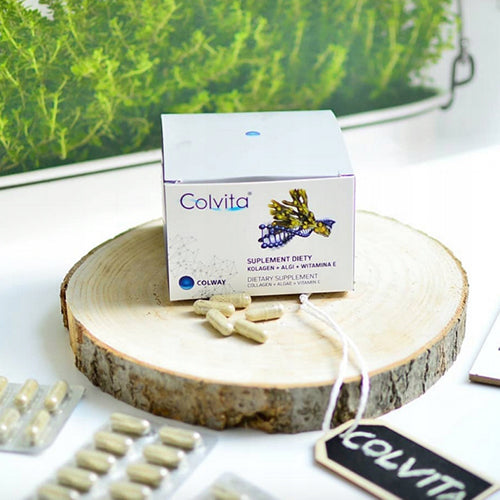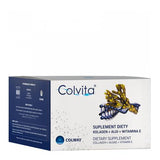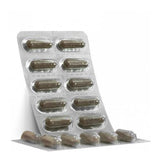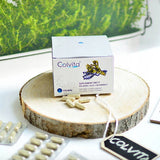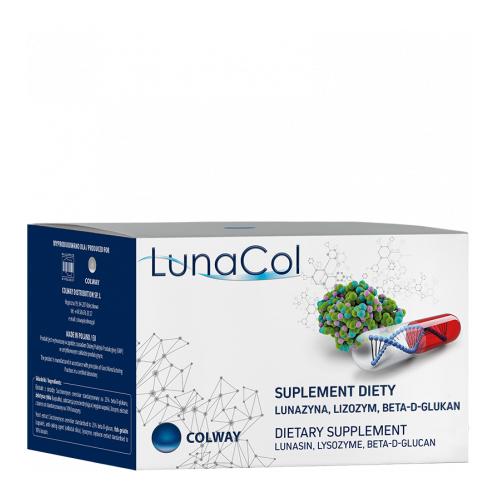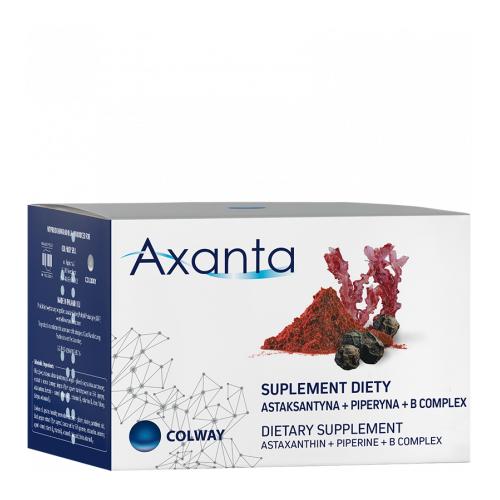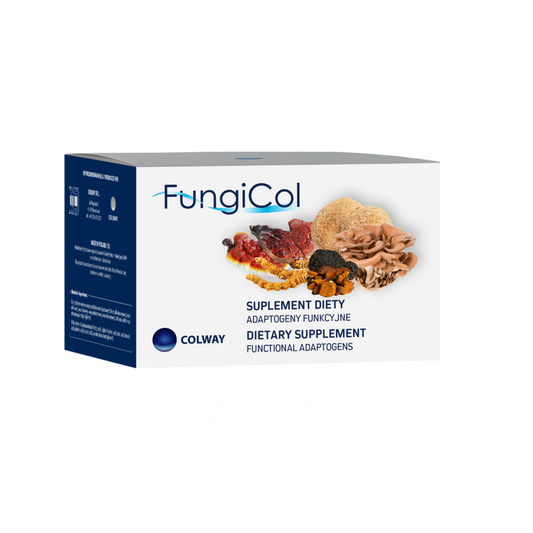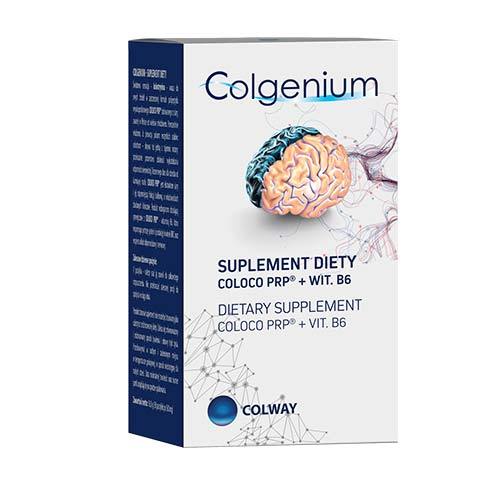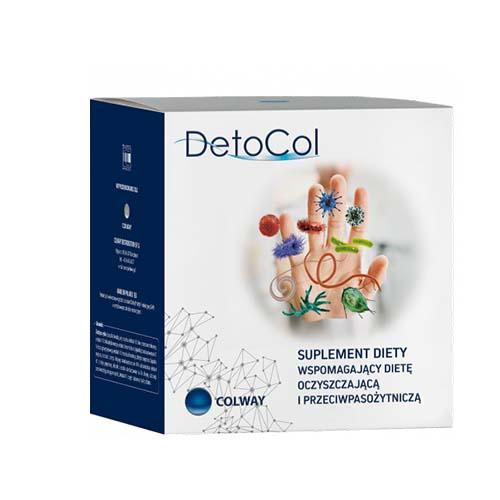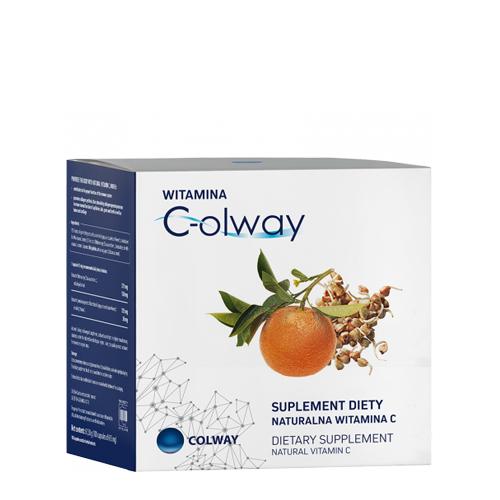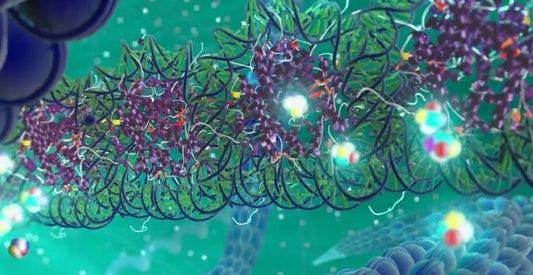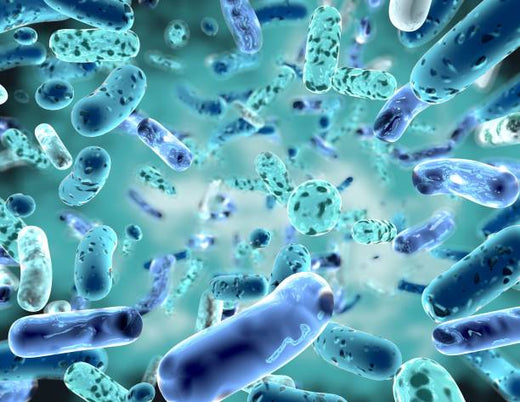The collagen it is one of the most abundant and vital proteins in our body, playing a crucial role in the health and well-being of our bones, skin, tendons and more. But what happens when our natural collagen levels start to decline? This is where the collagen supplements. But, are they a passing fad or do they really provide benefits for our health? Let's analyze the data.
Collagen biosynthesis
Collagen biosynthesis is a biological process that occurs both at the intracellular and extracellular level. Inside cells, such as fibroblasts, the preprocollagen molecule is formed, which is then modified through hydroxylations and the addition of saccharides to form a collagen triple helix. This collagen is packaged in the Golgi complex and then excreted.
Once outside the cell, further changes occur to convert procollagen to tropocollagen, which is then organized into a ladder structure and covalently bonded to form the collagen fiber.
Deficiencies and deterioration of collagen
Over time, the production of collagen in our body decreases. This natural decline can be exacerbated by factors such as excessive physical stress and a lack of vitamin C, which is crucial for procollagen synthesis. In addition, post-translational alterations can modify the structure of collagen and affect its resistance and functionality.
Collagen Supplements: An Effective Solution?
Decreased collagen can lead to a number of health problems, from aging skin to osteoporosis. Against this background, collagen supplements may seem like an attractive solution. But are they effective?
Several studies suggest that the answer is yes. For example, Adam Millan's study on the analgesic effect of hydrolyzed collagen in knee and hip osteoarthritis showed positive results. Another study conducted by Kristine L. Clark and her team showed that daily administration of 10g of hydrolyzed collagen to athletes for 24 weeks significantly improved joint pain.
Furthermore, the digestibility of collagen also appears to be high, which means that the body can effectively absorb and utilize the collagen provided by supplements.
types of collagen
There are several types of collagen, each with its own characteristics and functions. Type I collagen, for example, is the most abundant in vertebrate organisms and is found mainly in bones, tendons, and skin. Type II collagen is found primarily in hyaline cartilage, while type III collagen is found in the skin, arteries, and uterus. Each type of collagen has a unique and crucial function, providing resistance to stretch or resistance to intermittent pressure, for example.
Collagen supplements: a necessity or a fad?
Scientific evidence clearly shows that hydrolyzed collagen supplements are effective and well assimilated in the body. As we age or engage in intense physical exercise, collagen supplementation may become a necessity to maintain optimal health.
Choosing the right collagen supplement
When selecting a collagen supplement, it is important to pay attention to several factors. First, make sure the supplement is hydrolyzed collagen, as this form is easier for the body to absorb and utilize. Also, look for supplements that contain vitamin C, which is essential for collagen synthesis.
Conclusion
Collagen supplements are not just a fad. Based on scientific evidence, these supplements may play an important role in maintaining our health as we age or are physically active. However, as with any supplement, it is important to choose high-quality products and to consult a health professional before beginning any supplementation regimen.





















































































































